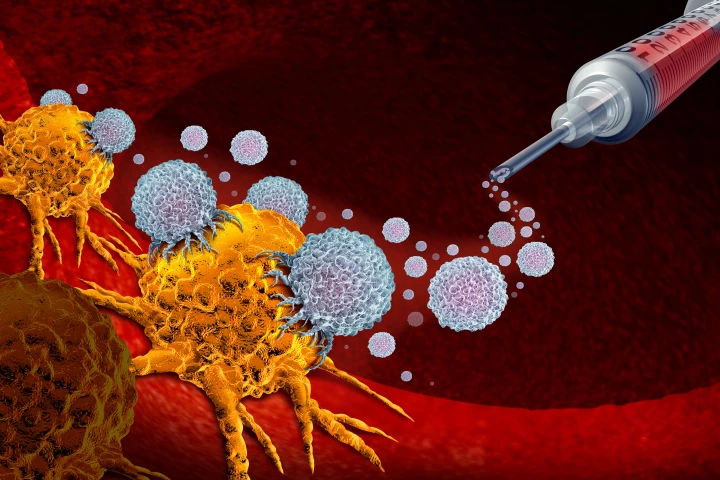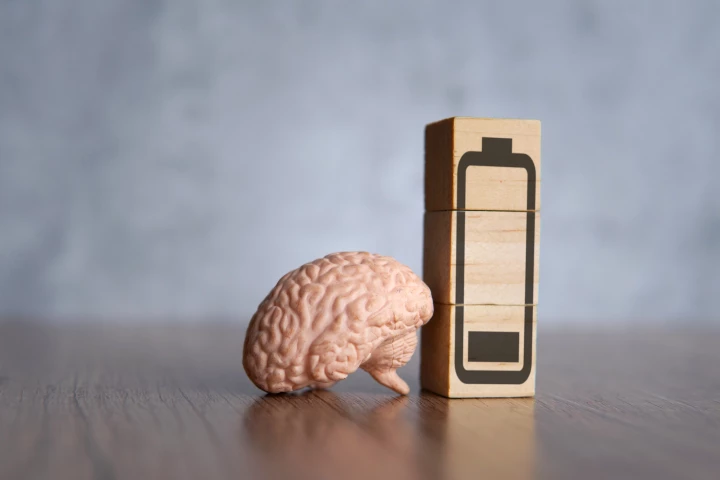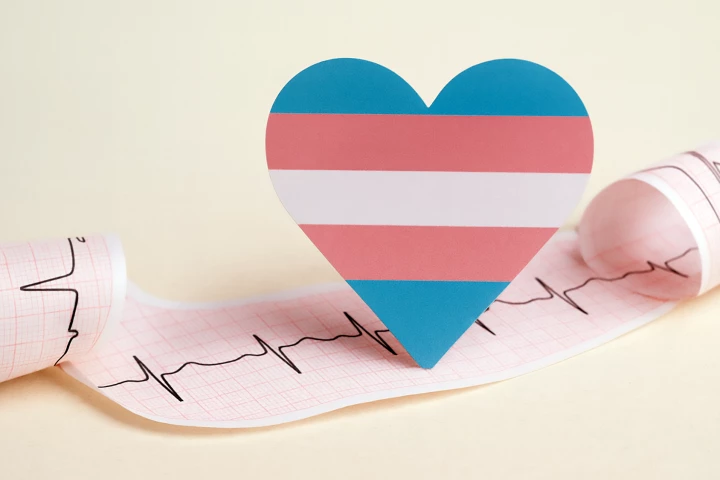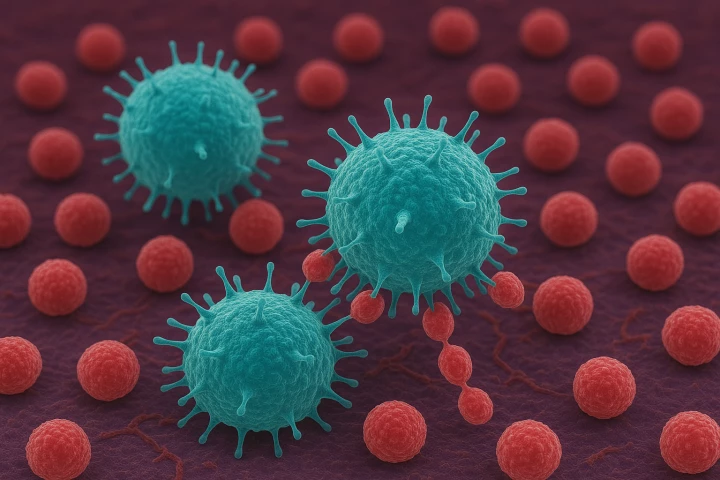Hormones
-
A new study of exceptionally long-lived Rottweilers revealed that keeping their testes for longer may help them age more gracefully, offering fresh clues for how hormones shape frailty and resilience in both dogs and humans.
-
A new drug combination to treat advanced recurring prostate cancer has shown remarkable results in a long-term trial, lowering the risk of death after eight years by 40.3%. What's more, the drug treatments are already FDA-approved on their own.
-
A new study has revealed how the brain uses the night to flood the body with pulses of growth hormone to repair muscles, strengthen bones and balance metabolism. And why cutting corners on sleep undermines your physical health short- and long-term.
-
If you deal with waves of daytime drowsiness, you might be among the estimated 33% of the population suffering from excessive daytime sleepiness. In the largest study of its kind, scientists have uncovered the condition's unique biological fingerprint.
-
For the first time, researchers have shown how staying hydrated influences how our bodies react, hormonally, to stress, keeping cortisol in check and in turn lowering the risk of serious health conditions including heart disease, obesity and diabetes.
-
Gender-affirming hormone therapy does more than reshape the body; it shifts the heart’s electrical rhythm, too, helping it align with a person’s gender identity, according to new research into cardiac changes in transgender individuals.
-
In a breakthrough finding, researchers have discovered that immune cells near the spinal cord are triggered by estrogen and progesterone to produce a natural painkiller called enkephalin. The finding could change the way we treat chronic pain.
-
A new study has debunked a popular TikTok wellness trend called cycle syncing, which claims that tailoring a workout routine to match the hormonal changes that occur during the different phases of the menstrual cycle provides a fitness benefit.
-
Estrogens are best known as hormones that regulate sexual development in women, although men produce them as well. Now, a new study finds that a particular kind of estrogen might have an additional role to play in suppressing appetite.
-
A brand new candidate for weight-loss treatment is on the table, with scientists uncovering for the first time how a hormone produced by the hypothalamus during sleep has a direct impact on appetite regulation and metabolism.
-
Upending long-held beliefs that testosterone levels fuel sexual desire, a new study has found that while the hormone plays a key role in reproductive success, elevated concentrations may instead drive 'courtship' efforts – particularly in single men.
-
Melatonin is already a popular supplement for those who struggle to get a solid night's sleep. But the dosage of the supplement and the best time to take it has remained largely a trial-and-error endeavor. A new study puts that uncertainty to bed.
Load More











